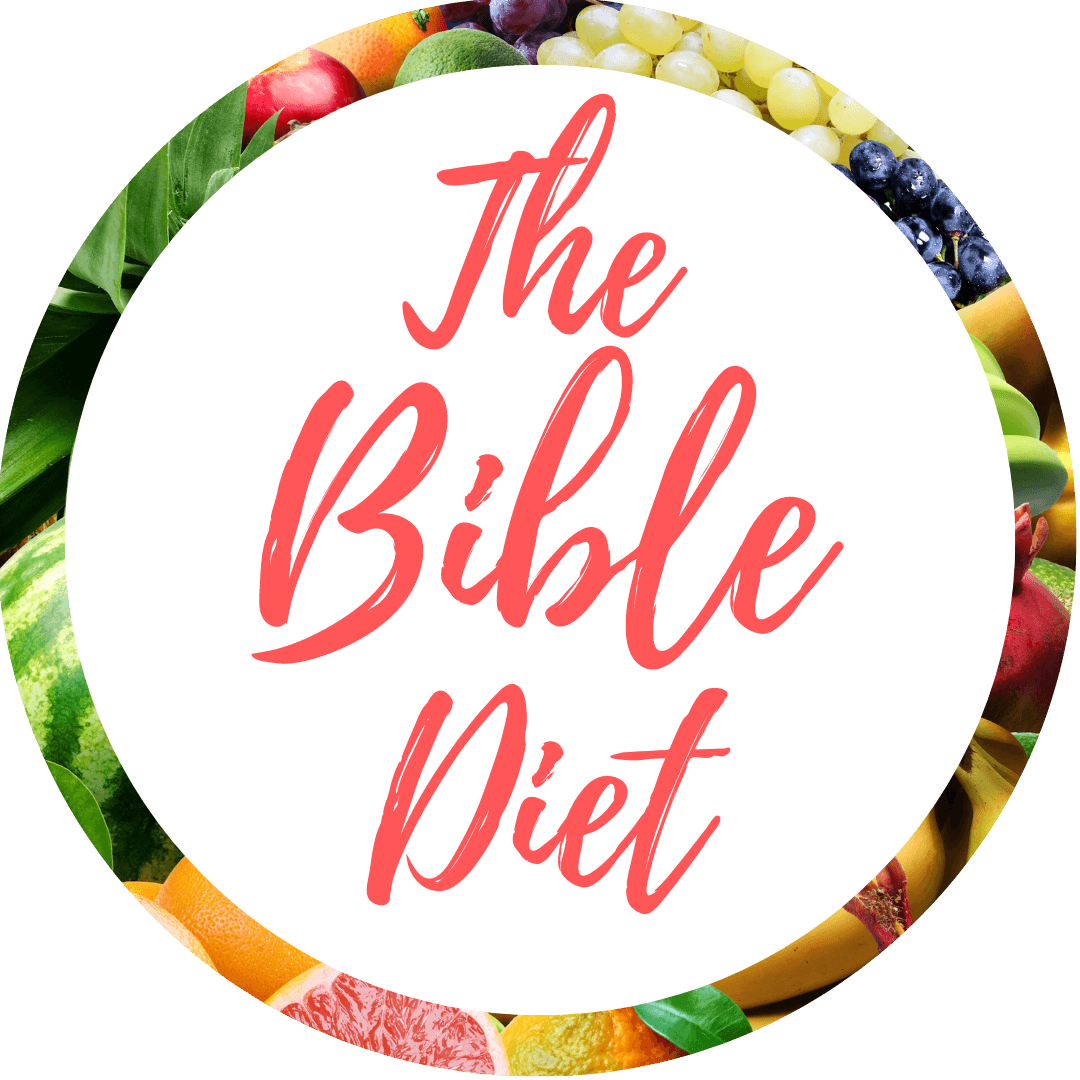We eat more refined sugar today than we did decades ago because it is almost everywhere. Average Americans in the 1800’s consumed about 45 g every five days. Nowadays, average Americans consume 765 g every five days which is 17 times more than in the 1800’s! This increase in sugar consumption has resulted in an increase in obesity rate and other health issues such as dental corrosion, cancer, and diabetes.
Surprisingly enough, our bodies need sugar in order to function well. Our body converts the sugar carbohydrates into glucose that supplies energy. So what is the issue then if sugar is needed, but can cause health issues?

Types of sugars:
- Natural sugars: Not harmful when consumed when consumed with moderation.
- Glucose: “Simple” sugar which is found in all foods that contain carbohydrates. It is in all living molecules and is
vital to life. Furthermore, it is produced by our body and easily broken down by every cell in your body. - Fructose: A “simple” sugar; fruits are its main source.
Processed sugars to avoid:
- Sucrose: Combines glucose and fructose and becomes a complex sugar. This is what makes table sugar.
- High-fructose corn syrup: This is synthesized from corn. Many food manufacturers use it because it is cheap and easy to use.
Processed sugars are a good substitute to white sugar for cooking, but should be consumed with moderation. Some of these include:
- Agave syrup
- Molasses
- Coconut sugar. (This has a lower glycemic index – which means it raises blood sugar slower – and may also contain nutrients.
- Stevia
Fruits and Vegetables: Good
Fruits and vegetables with natural sugar are the best option. They also provide essential nutrients that help us stay healthy. We can enjoy these foods in a hearty quantity, but like all good things, we should not overindulge. Too much natural sugar can also affect our blood sugar levels and result in health issues. (Learn more about Temperance here).
Processed Sugar: Bad
It is best to avoid most processed sugars such as white table sugar or high fructose corn syrup. When it comes to other forms of processed sugar, they are a better alternative to white table sugar and high fructose corn syrup for cooking. However, they should be eaten with great moderation and sometimes might even need to be avoided by people who have some illnesses. Always consult your doctor to get his approval. (Check out this post for more information on processed foods.)

No-calorie sweeteners: Both
There is not enough information to say that no-calorie sweeteners such as stevia or artificial sweeteners negatively affect our health like processed sugars do. Nevertheless, some studies show that artificial sweeteners may increase weight gain over time. Artificial sweeteners nurture the crave for sweets and may also negatively effect gut bacteria.
As for stevia, the plant itself is a great sweetener that has been used for ages and it even has some health benefits! But what about processed stevia?
In 1991, the FDA disapproved of stevia because of the pressure from some makers of artificial sweeteners. In 2008, it was finally approved by the FDA, but only for the use of rebaudioside compounds that were derived from the stevia plant by Coca-Cola and PepsiCo. Stevia became legal when a major food company got involved, but only after it had been strongly processed using a patentable chemical-laden process. Some stevia brands use chemicals like methanol, acetone, ethanol, and isopropanol to process the stevia. Most of these chemicals are known to cause cancer.

Nonetheless, there are ways to enjoy stevia in its best form! Make sure to look for stevia extract that is 100% pure without added ingredients. Or you can buy pure dry leaves of stevia or even the plant itself that you can place outside or inside your home.
Other Sweetener Alternatives: Good
Dates are another very good way to add sweetness to your recipes! They are a natural sweetener that can be eaten as is or pureed and then added to your favorite recipes. Dates contain a good amount of potassium, magnesium, copper, manganese, iron and vitamin B6, are high in fiber, in disease-fighting antioxidants and have many health benefits.
But whatever we eat, let us remember to do it for the glory of God and with moderation. This verse is about a famous sweetener, but the message can be applied to any sweetener:
“Hast thou found honey? eat so much as is sufficient for thee, lest thou be filled therewith, and vomit it”
– Proverbs 25:16-18



